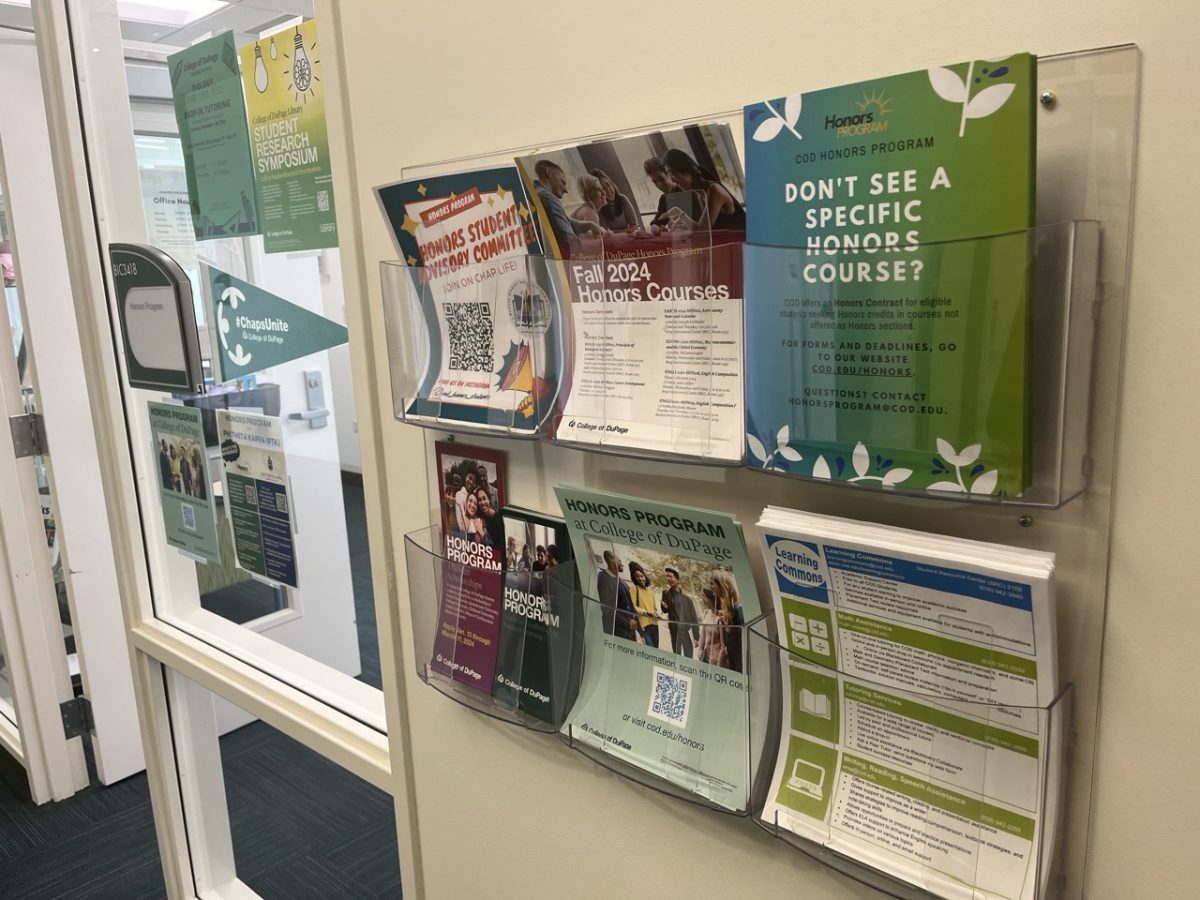Let Them Speak; Benefits to bringing a Controversial Speaker to College Campuses
October 16, 2018
Chicago’s DePaul University recently came under fire from popular right-wing public speaker Candace Owens. The controversy stemmed from the school canceling an event at which Owens was scheduled to speak.
DePaul, just like several other universities, failed its students when it booted Owens. Schools should refrain from acting as censors. There are benefits to hearing opposing viewpoints, especially for college students.
After the event was canceled, Owens complained her views were being censored and went as far as to accuse the school of “enslaving black minds” on Twitter. The school has since denied Owens’ claims, saying in a statement provided to Newsweek that the event was canceled because “established guidelines” were not followed by Owens and her team during its planning stages.
In any case, it would be difficult for the university to justify preventing Owens from speaking there. In the past, universities such as UC Berkeley and Auburn University have attempted to pull the plug on controversial speakers to no avail. The Newseum First Amendment Center states schools have a “constitutional responsibility” to not interfere when students bring someone to speak on campus.
It’s often difficult for us to hear opinions that differ from our own. Nonetheless, students will inevitably come across multiple cultures and perspectives during their time at college and after they graduate.
Listening to viewpoints they disagree with can help teach college students the invaluable skill of how to properly engage in difficult conversations. It’s important for college students to be able to respect someone even if they disagree with an opinion that person has. A lesson all adults would do well to internalize and one that colleges would do well to teach.
Listening to opposing viewpoints can promote this tolerance and increase empathy as well. Besides, if a student really doesn’t think an argument is worth his or her time, there are plenty of good books at college libraries to get lost in during the talk.
We’ll often dismiss ideas we don’t like without fully understanding them, which can rob us of the opportunity to articulate a comprehensive rebuttal. Having a thorough knowledge of the other side’s argument can make your own argument more convincing. You can’t really identify inconsistencies in an argument you don’t really know.
Not allowing a particular person to speak at a school could also result in the thing that school is trying to avoid—the propagation of a narrative they disapprove of.
Condemning that person would almost certainly result in a controversy, which would draw more attention to that person and, by extension, the idea they’re promoting. Many controversial speakers revel in this denunciation for that exact reason. They’d be given the perfect platform to spread their views. A case in point is Candace Owens.
Every higher education institution has its own unique principles and values. It’s understandable they’d want their students to adhere to them. However, forcing an idea down someone’s throat is often an ineffective way to convince them of something. It’s better to allow students to hear an argument and decide its validity for themselves.
The only time it should be acceptable for schools to stop someone from speaking on their campus is if there is a real threat of violence. Safety concerns should always take precedence over everything else. Barring that, students should be allowed to invite speakers as they see fit.
A large part of college is about having new experiences and learning new things. Being exposed to different ways of thinking is a great way to expand one’s outlook on life. We may not agree with everything that’s presented to us, but as college students, we should develop the patience and maturity to at least hear the other side out.

























